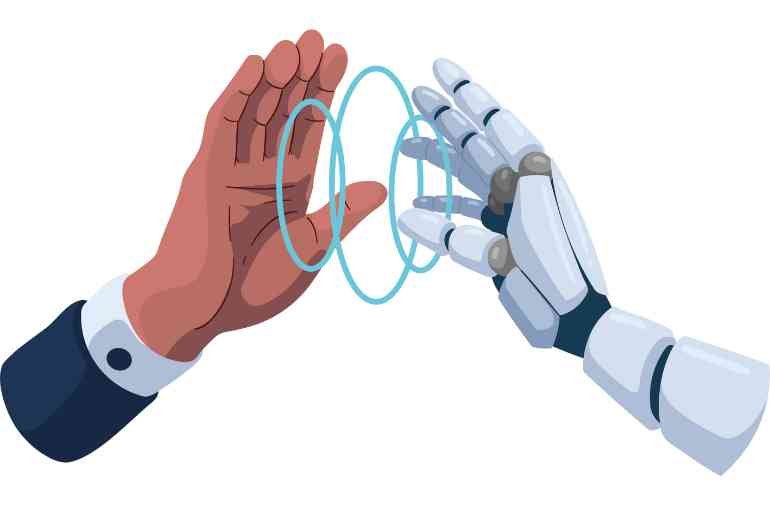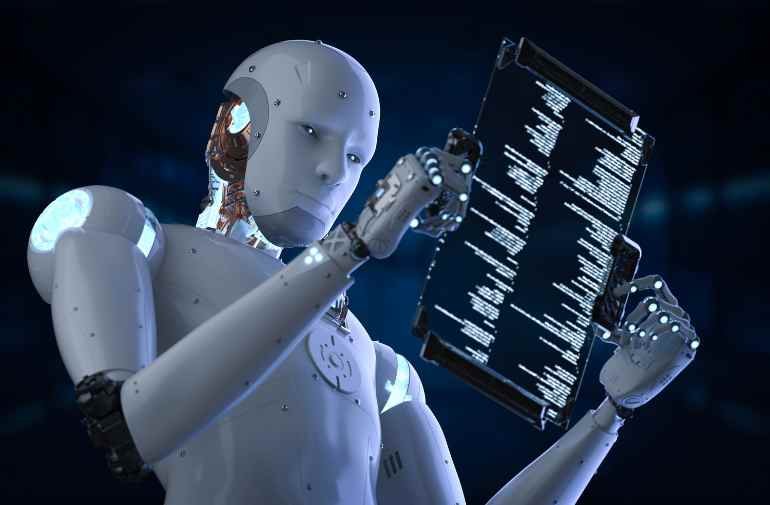The Rise of the Machines: AI and Automation Reshaping the Workforce
Artificial intelligence (AI) and automation are rapidly transforming the way we work. AI encompasses a wide range of technologies, from machine learning algorithms that can analyze vast amounts of data to identify patterns, predict future trends, and make data-driven decisions, to natural language processing that allows computers to understand and respond to human language with increasing sophistication. Automation, on the other hand, refers to the use of technology to perform tasks that were traditionally done by humans. This can include everything from assembling products in factories to processing customer service inquiries and even writing basic news articles or financial reports.
The impact of AI and automation is already being felt across various industries. In manufacturing, robots are performing tasks with greater precision and speed than ever before. In healthcare, AI-powered diagnostics are assisting doctors in early disease detection and personalized treatment plans. The financial services industry is utilizing AI for fraud detection, risk management, and algorithmic trading. Even in the creative realm, AI is being used to generate music, write scripts, and design graphics.
Current Stats:
- A 2024 McKinsey Global Institute report estimates that by 2030, automation could displace up to 800 million jobs globally, but also create up to 950 million new ones.
- A study by the World Economic Forum suggests that automation will likely lead to a reskilling revolution, with 50% of all workers needing reskilling by 2025.
Impact on the Workforce:
- Repetitive and manual tasks are most susceptible to automation. Jobs in manufacturing, data entry, and customer service are likely to see significant automation.
- However, AI is also creating new jobs in areas like AI development, data science, and cybersecurity.
- The demand for soft skills like critical thinking, problem-solving, and creativity is expected to rise significantly.

The Future of Work:
- Collaboration between humans and AI is likely to become the norm. AI will handle routine tasks, freeing up human workers to focus on higher-order thinking and problem-solving.
- The focus will shift from traditional job titles to skill sets. Individuals will need to be adaptable and willing to continuously learn new skills throughout their careers.
Conclusion:
While AI and automation present challenges, they also offer immense opportunities. By embracing continuous learning and developing relevant skills, individuals can thrive in the evolving tech landscape. Businesses need to invest in reskilling and upskilling their workforce to adapt to the changing needs of the future.










Popular Comments
This blog post is a valuable resource for businesses like mine. We need to start planning for the future of work and invest in reskilling our employees.
Great article, Sarah! This really highlights the importance of staying up-to-date on the latest tech trends. I'm constantly learning new skills to ensure I remain relevant in the job market.